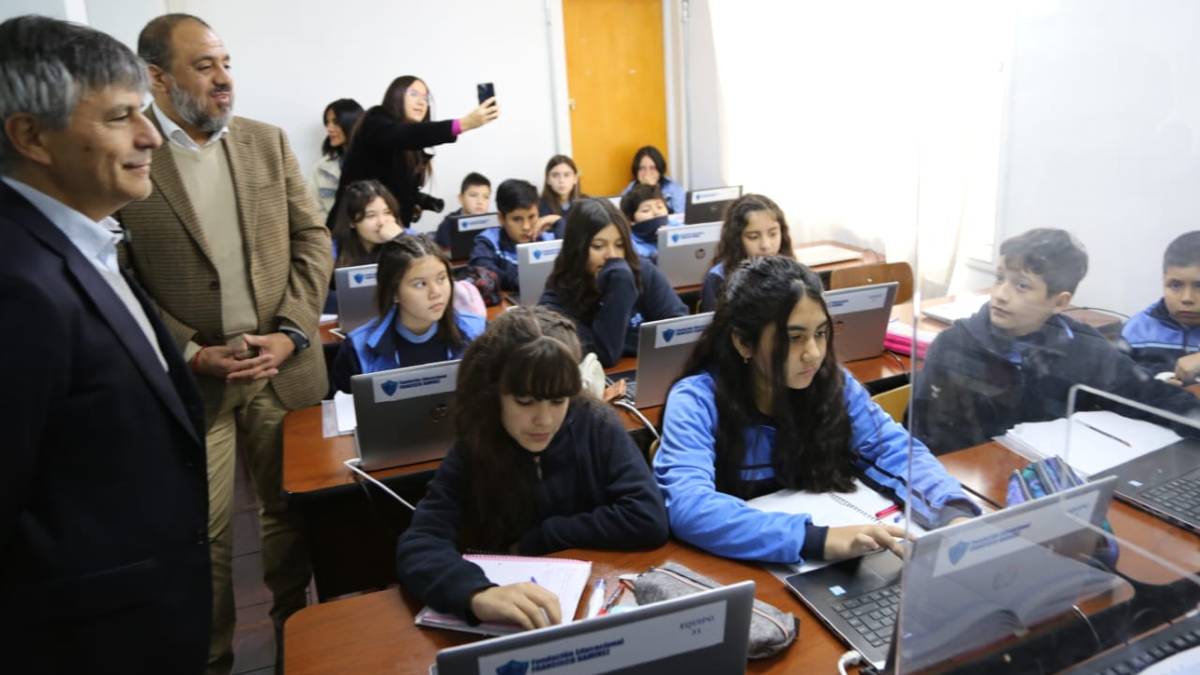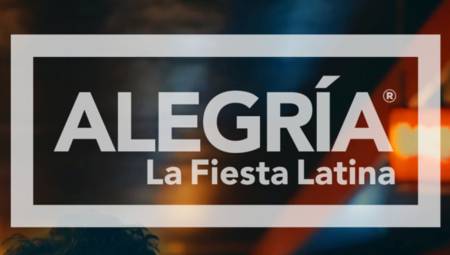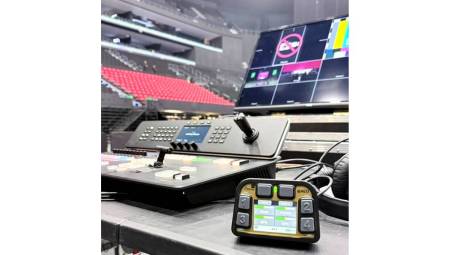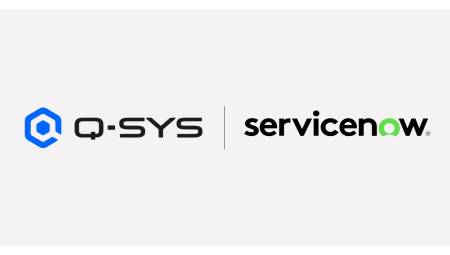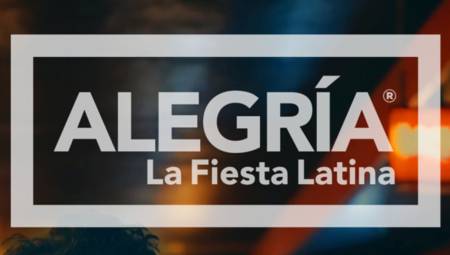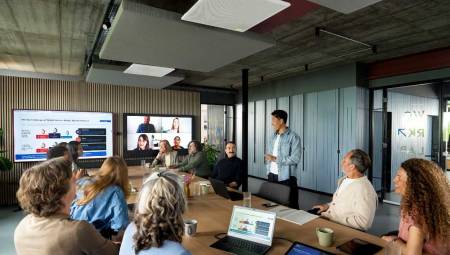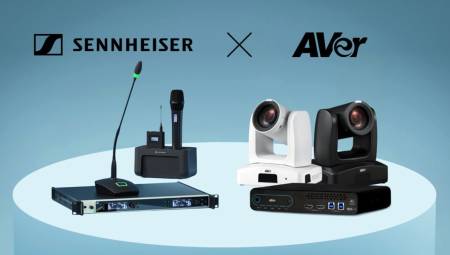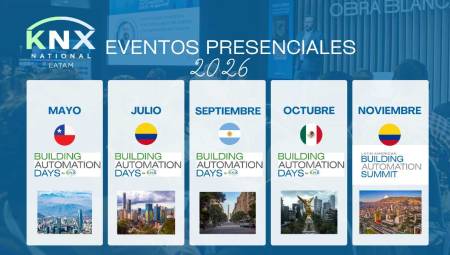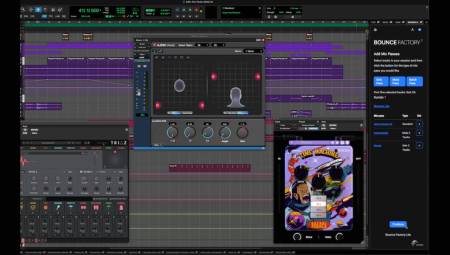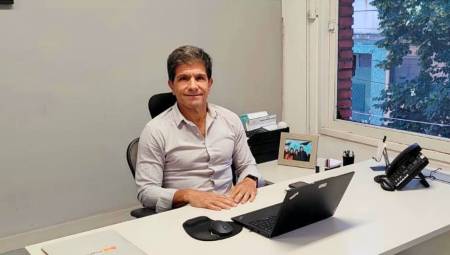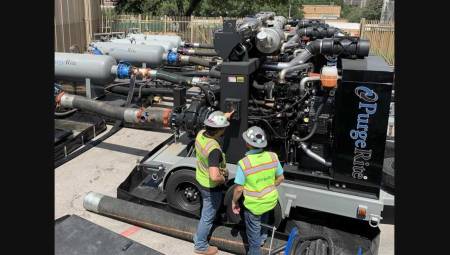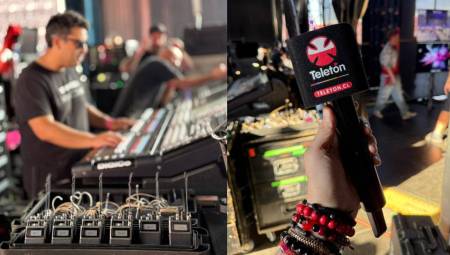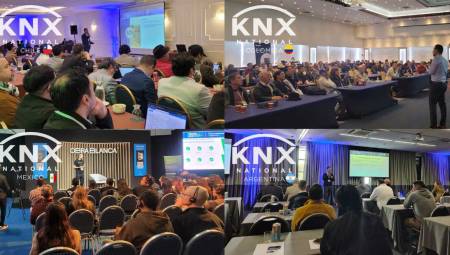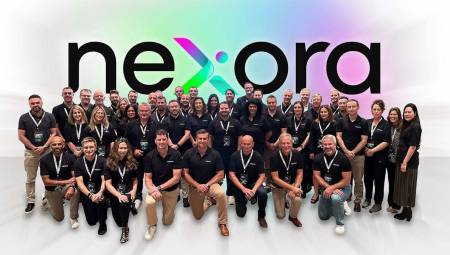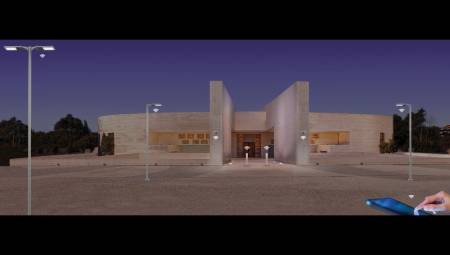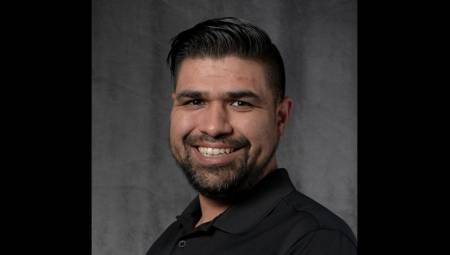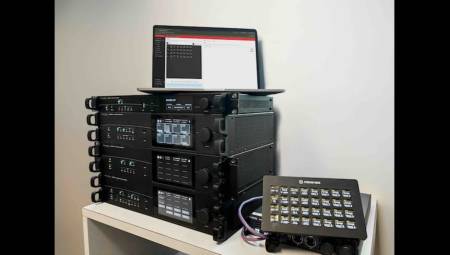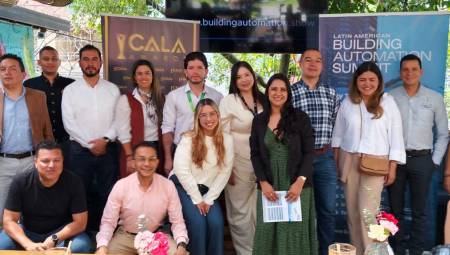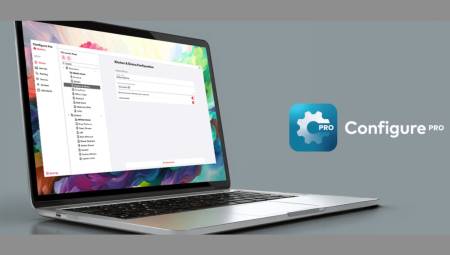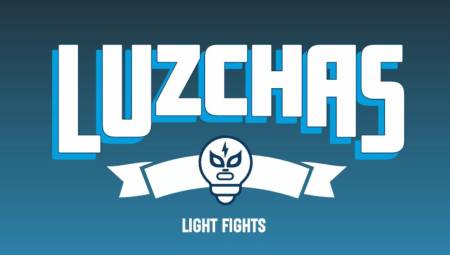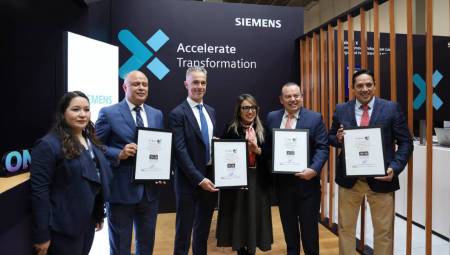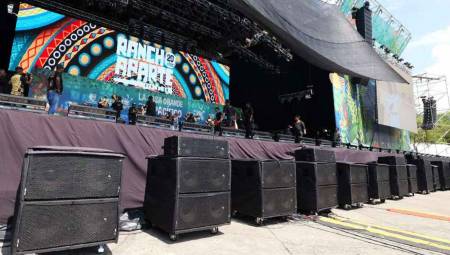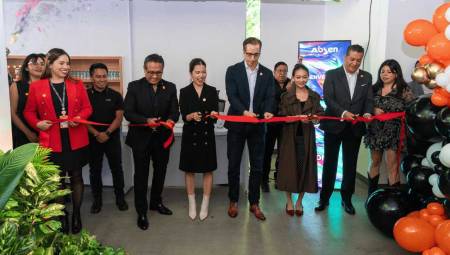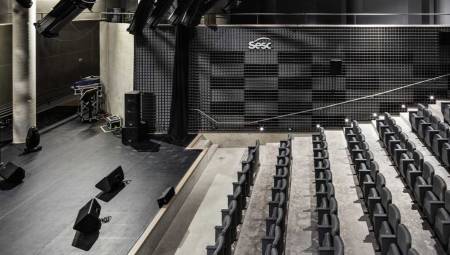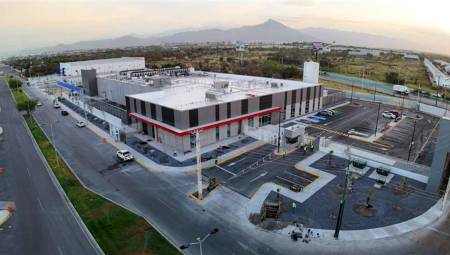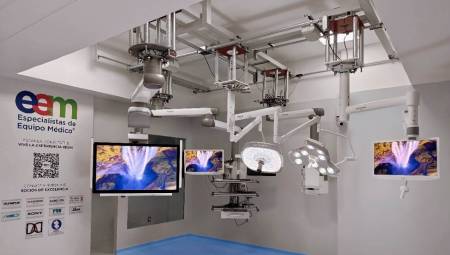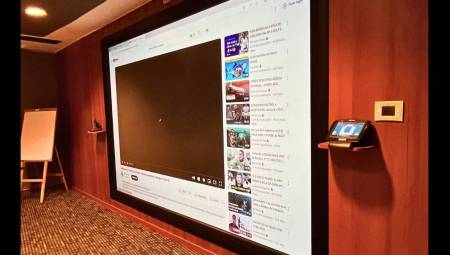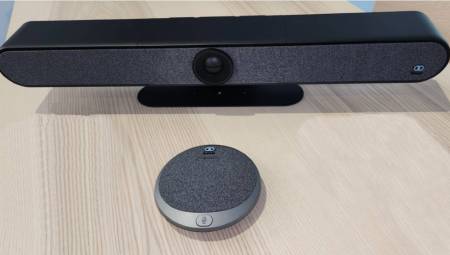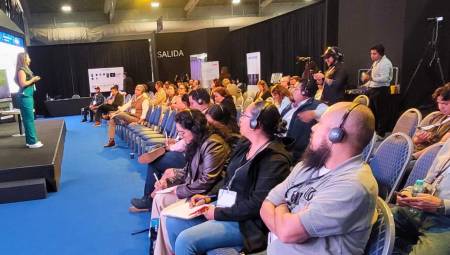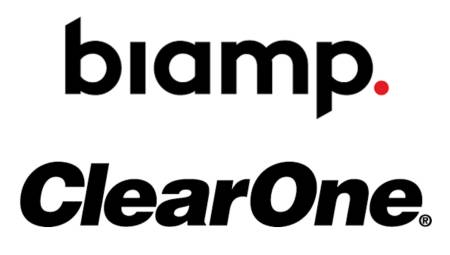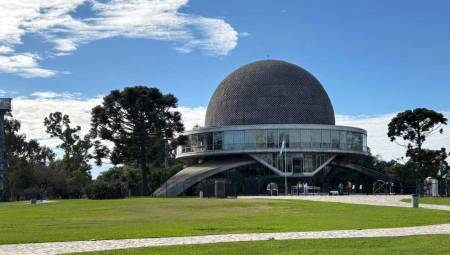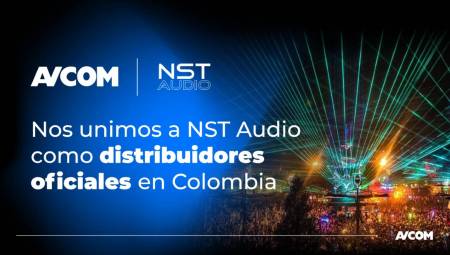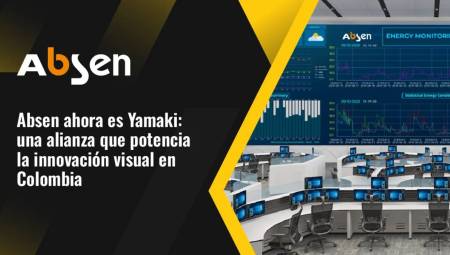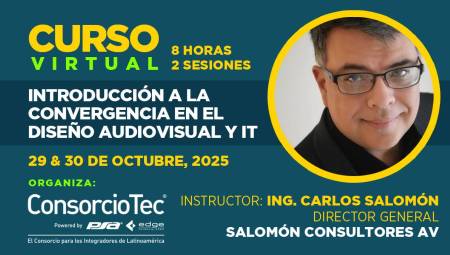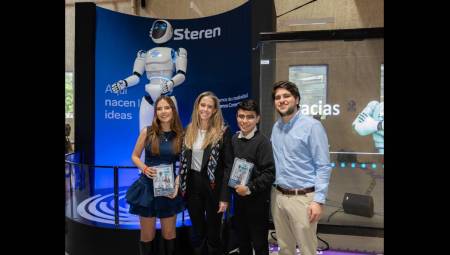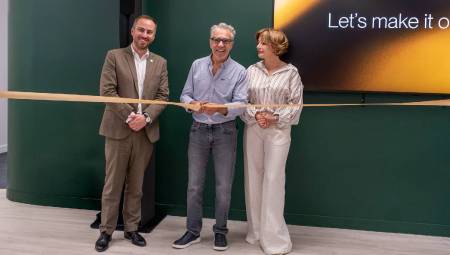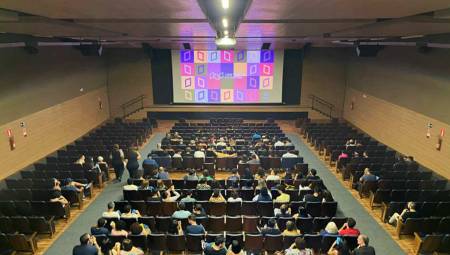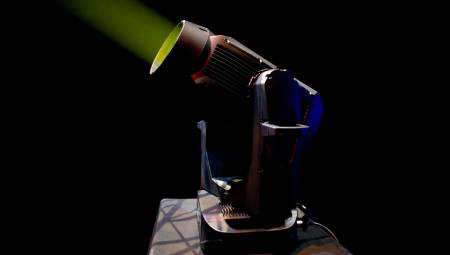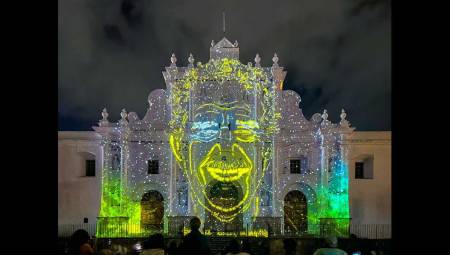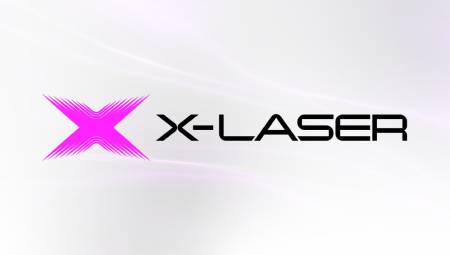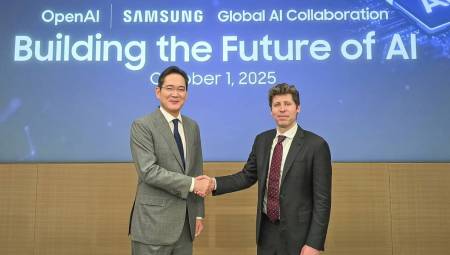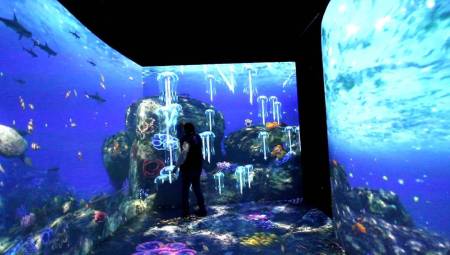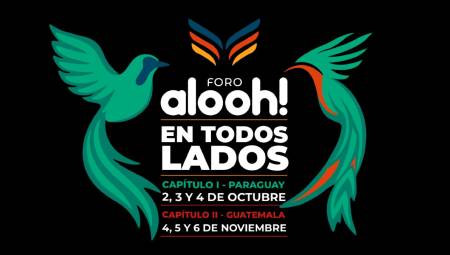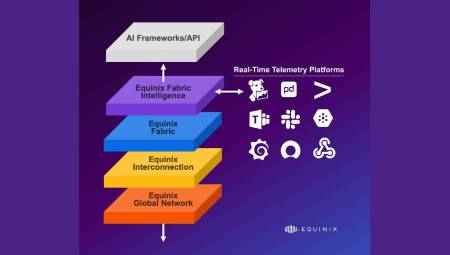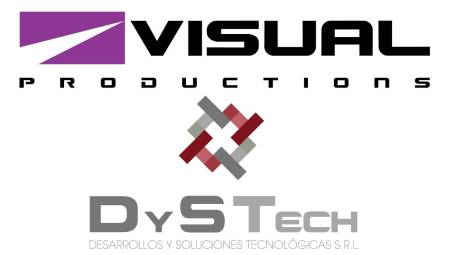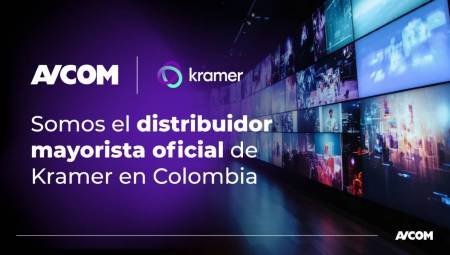Chile. The Minister of Education, Marco Antonio Ávila, together with the Undersecretary of Telecommunications, Claudio Araya, announced the beginning of a curricular review process that hopes to incorporate content from digital technologies, such as programming and artificial intelligence, into the national curriculum.
The initiative is part of the Digital Transformation Strategy carried out by both entities, and which is an integral part of the Strengthening of Learning axis of the Reactivation Plan implemented by the Mineduc, which seeks to ensure technological resources, connectivity and development of digital skills in educational communities, and now enters a process of curricular updating that modernizes the educational content taught in the country's classrooms.
"Within the framework of the curricular update that the Ministry of Education will initiate this year, today we announce the beginning of a curricular review process that allows us to incorporate content linked to digital technologies, both in the subject of technology and transversally in the curriculum. In this way, we provide students with tools that allow them to face the constantly evolving challenges of the digital age and we make the most of all the resources and tools available today in favor of educational reactivation," said Minister Ávila.
The Undersecretary of Telecommunications, Claudio Araya, said that "it is important to provide people with digital tools from childhood since in the new digital society whoever is not endowed with digital skills will be marginalized and we cannot allow this to happen with our children. We value this decision of the Mineduc and we are available to help in this curricular modification".
With the aim of completing the curricular modernization, the authorities announced that during the second half of this year a table of experts composed of representatives of the public and private sectors and representatives of civil society will be convened. Its objective will be to formulate recommendations for new content, such as programming, artificial intelligence, machine learning, among others, to be considered in the new curriculum.
In addition to the acquisition of new technological skills, the government assured that this new curricular approach also aims to strengthen digital literacy among children and adolescents, and provide them with tools that allow them to critically and safely understand information and resources in digital environments.
To complement this curricular discussion, the Mineduc Innovation Center presented the website CiudadaniaDigital.mineduc.cl. The platform offers a series of resources and courses aimed at promoting the development of digital skills among students, teachers and families.
Connectivity reaches 89% of schools in the country
In this context, Mineduc and SUBTEL reported that to date 89% of the educational establishments that receive State subsidies are already connected to high-speed Internet thanks to the "Connectivity for Education" program, implemented between both portfolios.
Thus, this Wednesday during a visit to the Francisco Ramírez School in San Ramón, the authorities commented that 9,209 of the 10,332 establishments in the country have been illuminated. By December 2023, it is expected to reach more than 9,400 educational communities and by 2024 it seeks to reach all establishments in the country.
"As a government we have a responsibility to guarantee the right and access to education at all levels and in all corners of the country. And on that, the pandemic taught us that we have to continue moving forward and illuminating learning spaces. Through the Connectivity for Education program, we are achieving that no child should ever again climb a roof, a tree or row to the middle of a lake to access an Internet connection that allows them to study," said Minister Ávila.
In addition, Mineduc added that as part of the Connected Classrooms program, more than $ 3 billion will be transferred to establish a new technological standard in 12,500 classrooms of 535 educational establishments during 2022 and 2023, as well as technological kits will be delivered to 864 educational establishments with an investment of more than $ 3,250 million pesos.



